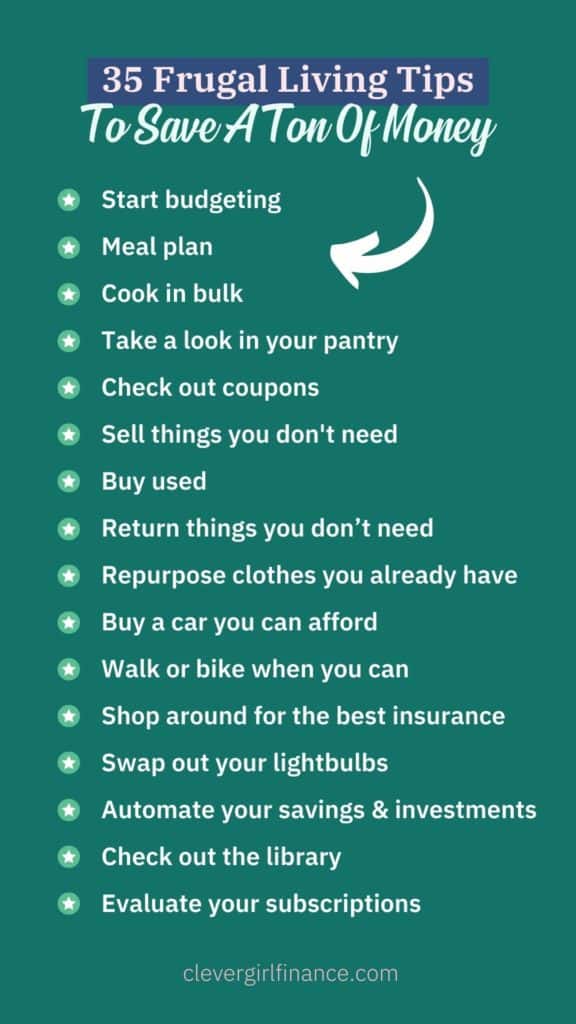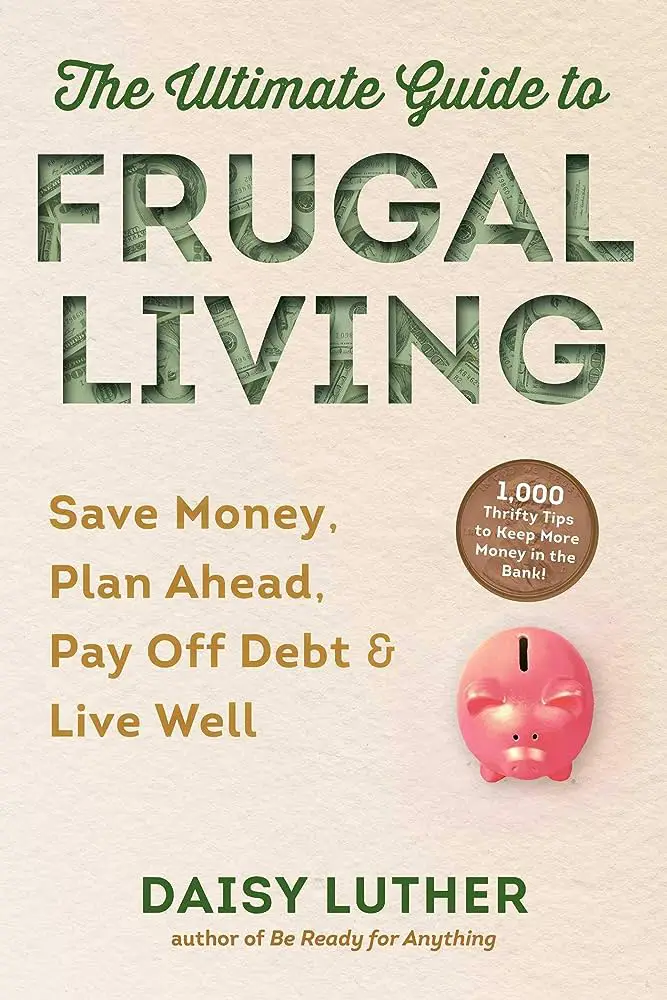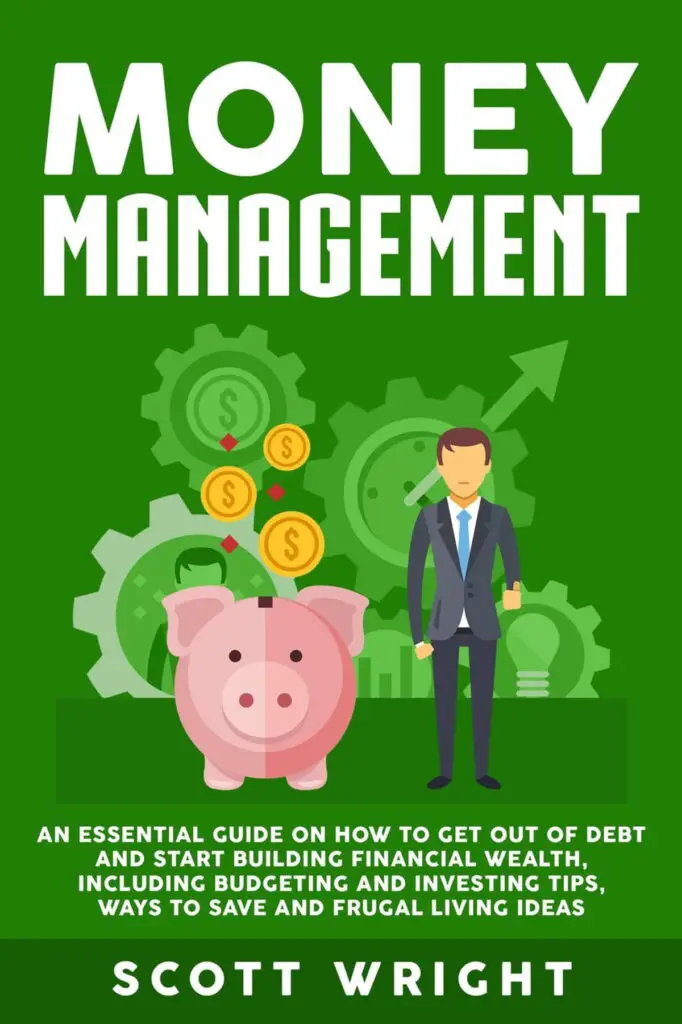Have you ever wondered how to manage your debt while living a frugal lifestyle? It can sometimes feel like a difficult balance to strike, but it’s definitely possible to do both successfully. In this article, I’m going to share some helpful tips and strategies that can help you manage your debt while still embracing a frugal lifestyle. Whether you’re trying to pay off credit card debt, student loans, or any other type of debt, you’ll find some practical advice to help you on your journey.
Living a frugal lifestyle is all about making intentional choices with your money and living within your means. It’s about prioritizing what’s truly important to you and being mindful of how you spend your hard-earned dollars. When it comes to managing debt on a frugal lifestyle, the first step is to assess your current financial situation. Take a look at all of your debts and evaluate their interest rates, minimum payments, and total balances. This will give you a clear picture of where you stand and will help you prioritize which debts to tackle first. Additionally, you’ll want to create a budget that reflects your frugal values and helps you allocate your income and expenses in a way that allows you to make progress on your debt repayment journey. It may take some time and effort to create a budget that works for you, but it’s a crucial step in managing your debt effectively while still living within your means.

Understanding Debt
Debt can be defined as the money borrowed by an individual or business with the expectation of repayment with interest. It is a financial tool that allows individuals and businesses to make purchases or investments without having to save up the full amount upfront. However, debt comes with its own set of consequences and can greatly impact a frugal lifestyle.
Types of Debt
There are several types of debt that individuals may find themselves grappling with. Some common forms of debt include credit card debt, student loans, mortgages, and personal loans. Each type of debt has its own terms and conditions, including interest rates and repayment periods. It is important to understand the specifics of each debt in order to effectively manage them.
Effects of Debt on a Frugal Lifestyle
Living a frugal lifestyle is all about making intentional choices to save money and live within one’s means. However, when burdened with debt, this frugal lifestyle can be significantly affected. Here are a couple of ways in which debt can impact a frugal lifestyle:
Constraints on spending
When a large portion of one’s income is dedicated to debt repayment, it significantly limits their ability to spend on other areas of their life. This can mean cutting back on discretionary expenses such as eating out, entertainment, and vacations. The extra money that could have been saved or used for other purposes becomes tied up in monthly debt payments.
Increased financial stress
Debt can also lead to increased financial stress. The constant worry about making payments on time and the burden of interest can take a toll on one’s mental and emotional well-being. This increased stress can make it even more challenging to maintain a frugal lifestyle and stay on track with financial goals.
Creating a Budget
One of the first steps in managing debt while maintaining a frugal lifestyle is creating a budget. A budget is a financial plan that outlines income and expenses and helps individuals understand where their money is going. Here are some key aspects of creating a budget:
Importance of budgeting
A budget is crucial for managing debt and ensuring that one’s expenses align with their financial goals. It allows individuals to see exactly where their money is going and identify areas where they can make adjustments to save more. By budgeting, individuals can gain a better understanding of their financial situation and make informed decisions about debt repayment.
Tracking income and expenses
To create an effective budget, it is important to track both income and expenses. This includes keeping track of all sources of income, such as salary, freelance work, and passive income. On the expense side, it is important to categorize expenses and track them consistently. This can be done manually using spreadsheets or through budgeting apps and software.
Setting financial goals
A budget allows individuals to set clear financial goals and work towards achieving them. For those with debt, a common financial goal may be to pay off the debt as quickly as possible. By setting specific and measurable goals, individuals can stay motivated and track their progress towards debt repayment.
Prioritizing Debt Repayment
Once a budget is in place, it is important to prioritize debt repayment. Here are a few strategies to consider:
Identifying high-interest debts
High-interest debts, such as credit card debt, should be prioritized as they tend to accrue the most interest over time. By focusing on paying off high-interest debts first, individuals can save money in the long run and accelerate their journey towards becoming debt-free.
Snowball or avalanche method
There are two main approaches to debt repayment: the snowball method and the avalanche method. The snowball method involves paying off the smallest debts first, regardless of interest rates, while the avalanche method prioritizes paying off debts with the highest interest rates first. Both methods have their merits, and individuals should choose the one that aligns best with their financial situation and motivates them the most.
Negotiating with creditors
In some cases, it may be possible to negotiate with creditors for better repayment terms. This can include lower interest rates, reduced monthly payments, or even debt forgiveness in some cases. It is worth exploring these options, especially if struggling to meet the current repayment terms.

Cutting Expenses
Cutting expenses is a key aspect of managing debt on a frugal lifestyle. By reducing discretionary expenses and evaluating spending habits, individuals can free up more money to put towards debt repayment. Here are some tips for cutting expenses:
Evaluating spending habits
Take the time to evaluate spending habits and identify areas where money is being spent unnecessarily. This can include eating out, subscription services, and impulse purchases. By being mindful of spending habits, individuals can make conscious choices to cut back on unnecessary expenses.
Reducing discretionary expenses
Discretionary expenses refer to non-essential purchases or services. Consider reducing or eliminating these expenses to redirect the money towards debt repayment. This can include cutting back on entertainment expenses, shopping for clothes or gadgets, and dining out.
Exploring alternative options
In addition to cutting back on discretionary expenses, explore alternative options for necessary expenses. For example, consider purchasing generic brands instead of name brands, exploring thrift stores for clothing and household items, and utilizing public transportation or carpooling instead of relying on a personal vehicle.
Increasing Income
Another way to manage debt while maintaining a frugal lifestyle is by increasing income. Here are a few strategies to consider:
Taking on a side hustle
A side hustle is a flexible and often part-time job that individuals can take on to earn extra income. This can include freelance work, tutoring, pet sitting, or selling handmade goods online. By leveraging skills and talents, individuals can increase their income and put the extra money towards debt repayment.
Selling unused items
Take an inventory of belongings and identify items that are no longer needed or used. Consider selling these items through online platforms or local classifieds to generate some extra cash. Not only does this help clear clutter from the home, but it also provides an opportunity to boost income.
Seeking additional employment
In some cases, it may be necessary to seek additional employment to increase income. This can involve taking on a second job or exploring opportunities for higher-paying positions. While this may require sacrificing free time, the additional income can be invaluable for managing debt effectively.

Debt Consolidation
Debt consolidation can be an option for those struggling to manage multiple debts. Consolidation involves combining all debts into one, typically through a loan or credit card with a lower interest rate. Here are some considerations regarding debt consolidation:
Benefits and drawbacks of consolidation
The main benefit of consolidation is the simplification of debt repayment by combining multiple payments into one. This can make it easier to manage and potentially reduce monthly payments. However, it is important to consider the associated fees and interest rates, as well as the impact on credit scores.
Consolidation options
There are several options for debt consolidation, including taking out a personal loan, transferring balances to a low-interest credit card, or working with a debt consolidation company. Each option has its own pros and cons, and it is important to research and compare different options before making a decision.
Credit Counseling Services
For individuals struggling with debt, credit counseling services can provide valuable support and guidance. Here’s what to know about credit counseling services:
Exploring counseling options
Credit counseling services are typically offered by nonprofit organizations that provide free or low-cost financial education and counseling. They can help individuals develop a plan to manage their debt, create a budget, and negotiate with creditors. It is important to research reputable counseling agencies and ensure they are accredited.
Working with a credit counselor
Working with a credit counselor involves sharing financial information and discussing goals and challenges. The counselor will then work with the individual to create a customized action plan to manage debt and improve financial well-being. The counselor can provide valuable insights and support throughout the debt repayment journey.

Negotiating with Creditors
In some situations, negotiating with creditors can be an effective strategy to manage debt. Here are a few tactics to consider:
Understanding negotiation tactics
Negotiating with creditors involves advocating for better repayment terms. This can include requesting lower interest rates, extended repayment periods, or reduced monthly payments. Understanding negotiation tactics and being prepared with clear talking points can help improve the chances of reaching a favorable agreement.
Communicating effectively with creditors
When negotiating with creditors, it is important to be respectful, clear, and concise in communication. Clearly explain the financial challenges being faced and propose a reasonable solution. It is important to be proactive and reach out to creditors as early as possible when facing difficulties in repaying debts.
Avoiding Debt Temptations
While managing debt, it is important to avoid falling into further debt temptations. Here are some strategies to resist temptation:
Resisting impulse purchases
Impulse purchases can quickly lead to unnecessary debt. Practice delaying gratification and consider whether a purchase is a true need or a want. Taking the time to evaluate purchases can prevent unnecessary debt accumulation.
Building a support system
Surrounding oneself with like-minded individuals who prioritize a frugal lifestyle can provide support and accountability. Share financial goals with trusted friends or family members who can help in staying motivated and accountable to avoid temptations and make wise financial decisions.
Sticking to a frugal mindset
Maintaining a frugal mindset is crucial to managing debt effectively. Continually remind oneself of the long-term financial goals and the commitment to living within one’s means. Embrace the satisfaction that comes from wise financial decision-making, rather than giving in to short-term temptations.

Utilizing Frugal Living Strategies
Living a frugal lifestyle goes hand in hand with effective debt management. Here are a few frugal living strategies to consider:
Meal planning and cooking at home
Eating out regularly can quickly add up and derail debt repayment efforts. Plan meals in advance, make a shopping list, and cook at home as much as possible. This can save a significant amount of money and help maintain a frugal lifestyle.
Saving on utilities
Take steps to reduce utility bills and save money. This can include turning off lights when not in use, adjusting thermostat settings, using energy-efficient appliances, and reducing water usage. Small changes in daily habits can result in significant savings over time.
Thrifting and second-hand shopping
Consider shopping at thrift stores or through online platforms for second-hand items. This can save a significant amount of money, especially for clothing, furniture, and household items. Embrace the thrill of finding great deals while living a frugal lifestyle.
Seeking Professional Help
In some cases, seeking professional help may be necessary to effectively manage debt. Here are a couple of options to consider:
Consulting a financial advisor
A financial advisor can provide personalized advice and guidance on debt management strategies. They can help individuals create a comprehensive financial plan, including budgeting, debt repayment, and long-term financial goals. It is important to choose a reputable and qualified advisor who has experience in debt management.
Exploring legal options
In extreme cases, it may be necessary to explore legal options for debt management, such as bankruptcy or debt settlement. These options should be considered as a last resort and individuals should seek legal advice to fully understand the implications and consequences of such decisions.
Maintaining a Good Credit Score
While managing debt, it is important to be mindful of maintaining a good credit score. Here are a few considerations:
Understanding credit score factors
A credit score is a measure of an individual’s creditworthiness and plays a significant role in future borrowing opportunities. Factors that impact credit scores include payment history, utilization ratio, length of credit history, new credit inquiries, and credit mix. Understanding these factors can help individuals make informed decisions to maintain and improve their credit score.
Managing credit card usage
Credit cards can be helpful tools but can also lead to excessive debt if not managed properly. Be mindful of credit card usage and aim to pay off balances in full each month. Avoid maxing out credit cards and keep the overall credit utilization ratio below 30% to maintain a good credit score.
Monitoring credit reports
Regularly check credit reports to ensure accuracy and identify any potential issues. Errors on credit reports can negatively impact credit scores, so it is important to address any discrepancies promptly. Monitoring credit reports also allows individuals to detect and address any fraudulent activity.
Conclusion
Managing debt while maintaining a frugal lifestyle requires careful planning, prioritization, and discipline. By implementing the tips discussed in this article, individuals can effectively manage their debt, improve their financial well-being, and continue living a frugal lifestyle. Remember that it is a journey, and progress may take time, but with persistence and determination, it is possible to achieve financial freedom and enjoy the benefits of a debt-free life.

